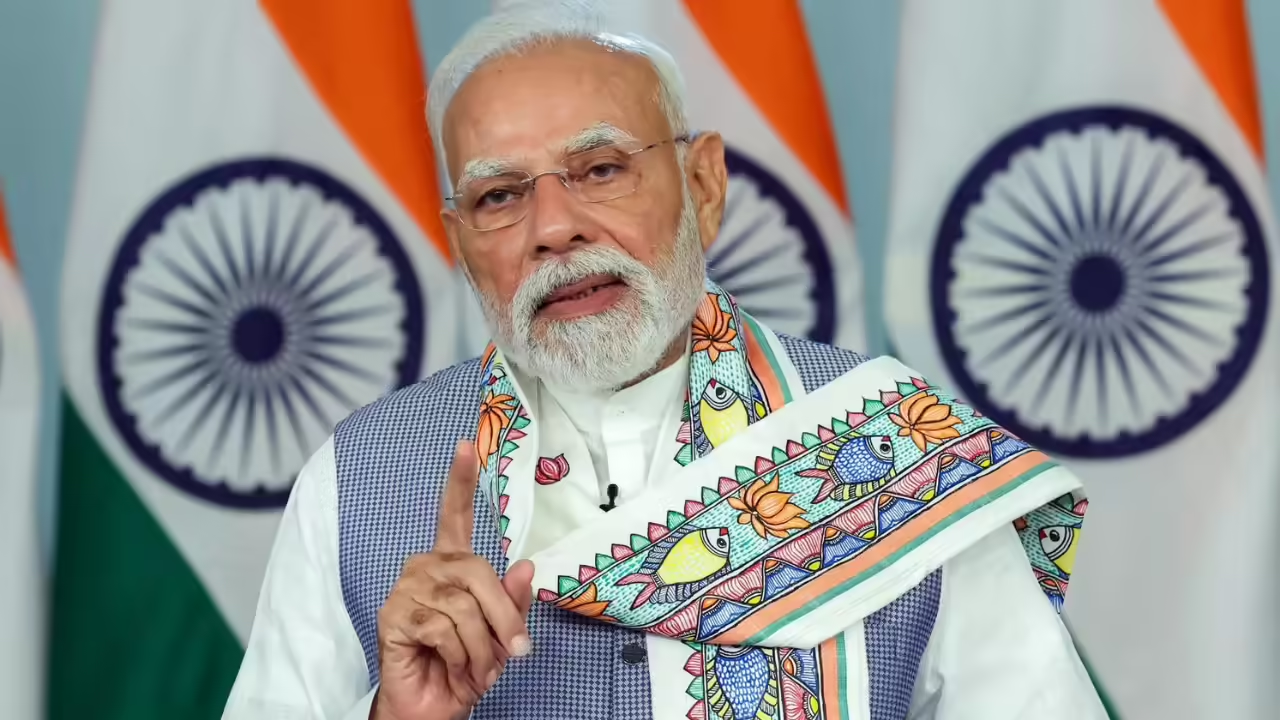Now Reading: Who Is Petal Gahlot? India’s Diplomatic Voice at the UN That Made Headlines
-
01
Who Is Petal Gahlot? India’s Diplomatic Voice at the UN That Made Headlines
Who Is Petal Gahlot? India’s Diplomatic Voice at the UN That Made Headlines

At the UN General Assembly recently, Petal Gahlot, First Secretary at India’s Permanent Mission, delivered a sharply worded rebuttal to Pakistan’s Prime Minister Shehbaz Sharif. Her address challenged Pakistan’s narrative on security and cross-border issues, bringing her into the spotlight—especially in diplomatic circles and among Indian watchers in smaller cities where international affairs often seem distant yet deeply relevant.
Early Career & Diplomatic Track
Petal Gahlot joined India’s foreign service ranks and worked in the Ministry of External Affairs before being posted to the Permanent Mission at the UN. In her earlier roles, she handled policy portfolios, gaining experience in international diplomacy and bilateral affairs. Her UN posting has given her a platform to voice India’s stance on global issues directly on the world stage.
The UN Address That Grabbed Attention
When Pakistan’s Prime Minister spoke at the UNGA, he touched on topics like Kashmir, the Indus Waters Treaty, and recent military operations between the two countries. In response, Gahlot exercised India’s right of reply. She accused Pakistan of “absurd theatrics,” challenged claims about destroyed airstrips being a sign of victory, and highlighted instances where Pakistan allegedly sheltered terrorist groups. Her tone was forceful but framed within diplomatic norms.
In her rebuttal, she called for Pakistan to act on handing over terrorists wanted by India, criticized selective narratives, and reaffirmed India’s commitment to addressing issues bilaterally.
Why This Matters for India (Including Tier-2 Cities)
In cities beyond the metros, most people don’t regularly follow UN debates or diplomatic signaling. But what Petal Gahlot did is part of a larger effort: using international platforms to shape public perception, reassure domestic audiences, and influence how India’s security narrative is presented globally.
For citizens in smaller cities, this matters because foreign policy impacts regional stability, trade, water treaties, and perceptions about national sovereignty. When India responds decisively, it sends a message to domestic and foreign audiences alike.
Challenges & Expectations Ahead
Diplomatic rebuttals can only go so far if narratives aren’t backed by clarity, evidence, and consistent policy. India will need to follow what was said with concrete action: setting clear bilateral frameworks, managing media narratives, and maintaining strategic communication.
Gahlot’s performance raises expectations that India will continue to sharpen its voice internationally. The bar is now higher for Indian diplomacy at multilateral forums: staying fact-based, assertive yet measured, and responsive to evolving regional dynamics.
Conclusion
Petal Gahlot’s rise as India’s voice at the UN marks a moment when diplomacy, media, and national image intersect. Her address to counter Shehbaz Sharif wasn’t just about words—it was about positioning India’s narrative globally. For India’s citizens, from metros to small towns, it offers a reminder: foreign affairs shape the country’s footprint and can resonate deeply at home.

























